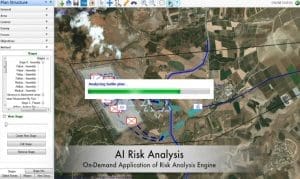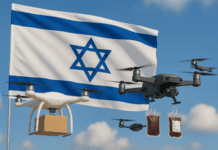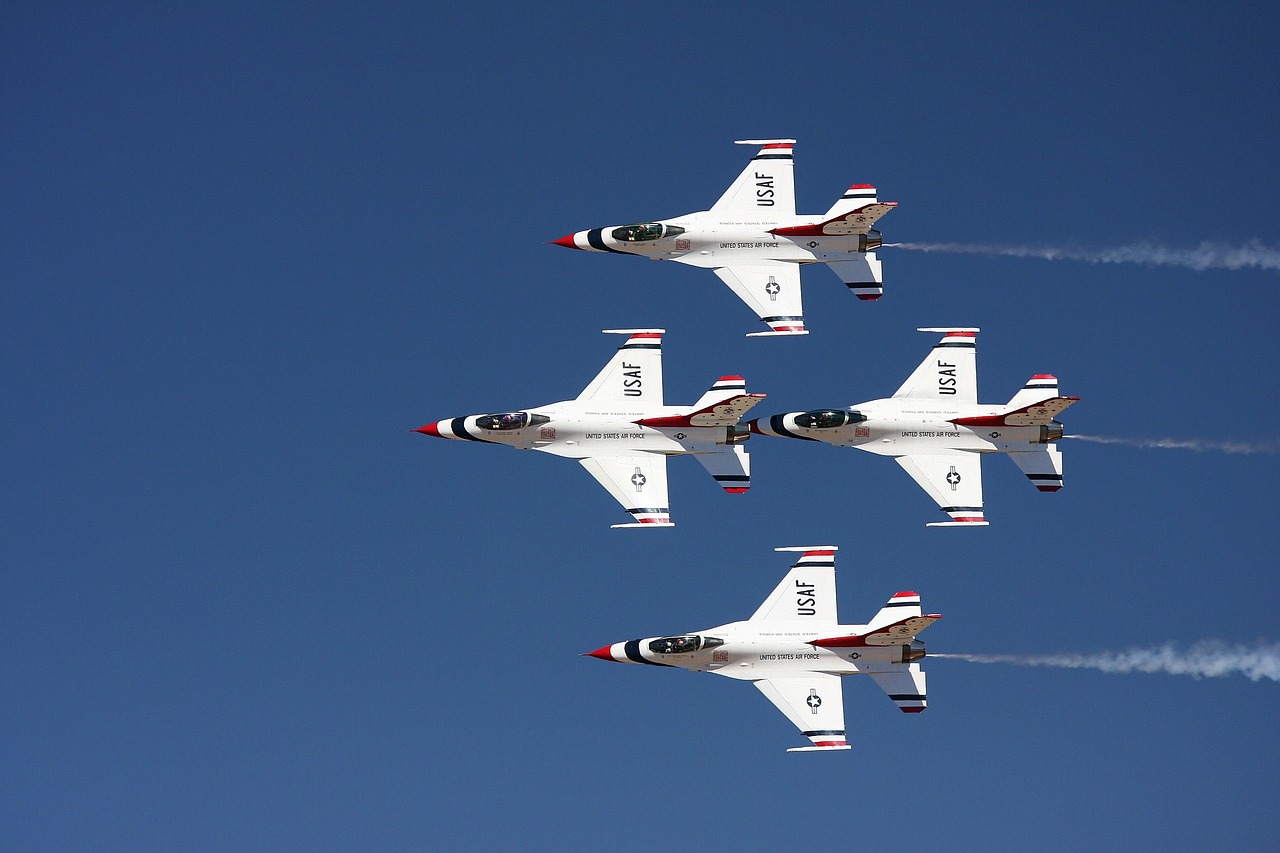
This post is also available in:
 עברית (Hebrew)
עברית (Hebrew)
While the operational arena keeps changing and evolving over time, coping with emerging threats and the development of new weapon systems and technologies, the operational planning capabilities have merely changed during the last two decades. Planning processes are slow and manual, often lacking supervision and control. This substantial gap between the complexity of the operational arena and current planning capabilities leads to low-quality operational results, mission failure, and maybe even loss of lives.

This problem was identified by the entrepreneurs behind the Israeli startup UNIQAI Systems, who succeeded in developing a unique solution that bridges this gap. Their ground-breaking technology improves and accelerates the planning process, relying on the accumulated knowledge and experience of the human mind, augmented with the power of Artificial Intelligence (AI).
In July 2018, the company showcased its innovative solution at the iHLS Startup Competition for Security, Defense and HLS.
UNIQAI Systems was established in 2016 by three founders who incorporate expertise in Artificial Intelligence and Machine Learning with business capabilities and an extensive background in the security field: Mr. Avner Hatsek, CTO, PhD. in Information Systems Engineering from the Ben-Gurion University, specialized in AI-based systems that support planning, decision making and risk analysis.
Mr.Elior Ariel, VP R&D, M.Sc in Software and Information Systems Engineering from Ben-Gurion University; and Mr. Nadav Poplawski, CEO, with MBA in Innovation and Hi-Tech Management from Ben-Gurion University and a B.Sc in Biotechnology from Tel-Aviv University. Nadav has brought into the equation his business insights as well as a rich military experience in the special operations field.

At first, the technology was applied in supporting the decisions of medical doctors and paramedics in the healthcare domain. Following a meeting with the Israel Ministry of Defense’s Directorate of Defense Research and Development (DDR&D, MAFA’T) they decided to implement their technology to the operational spheres as well.
Currently, the company is in the midst of a complete project for the DDR&D, for the development of a mission planning support for the operational echelons. Field tests will be carried out towards the end of the year, and the project in its first version is expected to be completed towards the end of 2019.
Their technology is designed for the military sphere, but in fact, it can support anyone planning an operation and is interested in achieving a goal through a plan.
What’s unique in UNIQAI’s technology? While most of the current solutions concentrate on the management of the operation itself (Command & Control), when the operation is underway, UNIQAI focuses on the planning stage, although the system can later be incorporated existing command and control solutions as well.
Moreover, the company founders believe in enhancing the human planner with AI capabilities, in order to considerably shorten the planning process, and improve the quality of the plans, this way ensuring high-quality operational results.
The system quantifies experts experience, their knowledge and other factors to create a unique Operational Knowledge Base.
The AI engine uses algorithms and other computational methods to assist the planner during the planning process, and analyzes the suggested plan, taking into consideration the operational knowledge base, together with terrain (GIS), weather and intelligence (enemy) data, to assess the plan and provide actionable recommendations.
UNIQAI’s solution shortens the planning process by 50-60% via using sophisticated tailor-made algorithms which perform complicated time-consuming task.
The solution also improves the quality of the plans by automatically identifying risks and problems in the plan, and suggest alternatives.
The system saves the human planners hours of technical work, leaving time for deeper and improved planning, and enabling informed choice among alternatives.
UNIQAI’s system is a constantly learning platform – the technology uses Machine Learning (ML) in order to improve the professional knowledge base. The company analyzes past operations’ results, achieving a constant improvement of the AI engine. It is a combination of classical AI with learning from past data in order to achieve improvement.
Poplawski hopes that “following the completion of our current project with the DDR&D and the achievement of substantial operational impact, the company will bring the news of AI-based planning also to the fields of first responders, SWAT, firefighting, etc.”
“In the next stage, we will plan to implement this technology also to the unmanned systems realm: Autonomous sensors will identify and notice the human planner (via advanced Machine Vision algorithms for example), the AI-based planning solution will suggest a course of action (based on previous operations) the human planner will authorize the plan, and the AI planning solution will connect to the Command & Control solution that will execute the plan and manage the autonomous vehicles – sensors, drones, UGVs, and more.”
The company has not yet raised money for its activities, and is based on its active project. In the future, the founders intend to raise funds in order to accelerate the development and open up to new verticals, in addition to the tactical one.




























